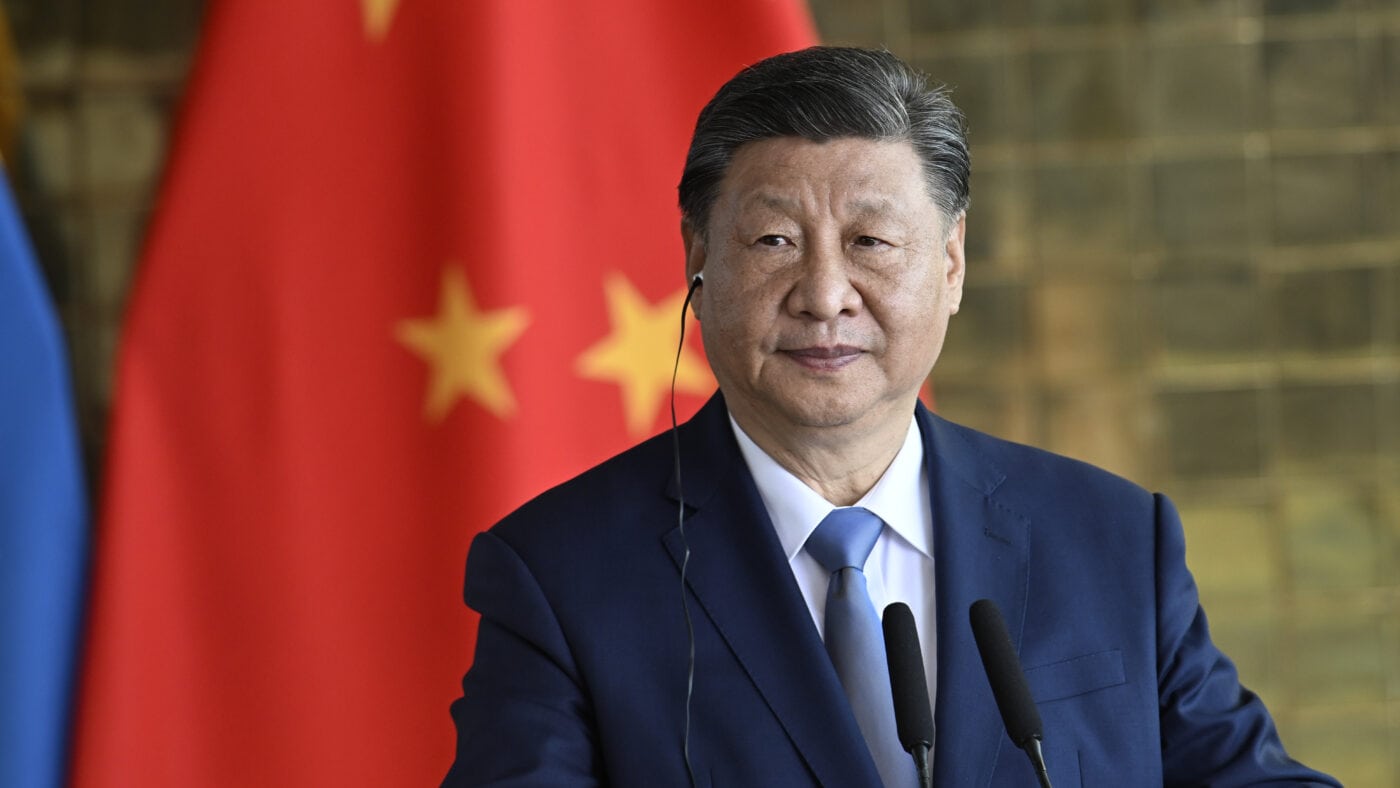Just as reports emerge that China may lift sanctions on British parliamentarians – framed as a gesture of goodwill amid ‘warming’ relations – new evidence should trigger alarm bells. This diplomatic softening comes on the heels of the UK Government’s renewed effort to attract Chinese investment. However, as I detail in my recent report for the Henry Jackson Society, this façade of cooperation conceals a far more troubling reality: China’s artificial intelligence strategy poses an existential threat to democracy, not just in Asia, but also in the UK and across the West.
The report, ‘China’s Use of AI and Its Negative Impact on the World’, lays out in detail how China is leveraging AI not merely to innovate, but to dominate. Under the direction of the Chinese Communist Party (CCP), AI is being weaponised to control narratives, surveil citizens, undermine sovereign economies and erode democratic institutions through digital manipulation.
A particularly concerning example is DeepSeek AI, a Chinese-developed system capable of manipulating public discourse at scale. It does this by adjusting search results, generating AI-authored propaganda. DeepSeek is not some fringe experiment; it is Beijing’s flagship tool for narrative warfare, designed to drown out dissent, erase inconvenient truths, and inject state-sponsored misinformation into both domestic and global conversations.
What makes this especially dangerous is the subtlety. This isn’t the old model of censorship, where content is blocked or removed. It’s a new era of engineered perception where truth is buried not by force, but by algorithm.
The West, particularly the UK, must not be lulled into complacency by superficial diplomatic gestures. The lifting of sanctions on a few MPs is not a sign of reform. It’s bait. And if they take it and allow financial interests to blind them to the geopolitical and moral realities of Chinese AI, they risk empowering the very forces that seek to undermine global freedoms.
China’s AI reach extends far beyond narrative manipulation. As outlined in the report, it powers a vast surveillance state at home, most alarmingly in places like Xinjiang, where Uyghur Muslims are monitored, profiled and detained with AI-assisted precision, making the genocide against the Uyghurs possible. Additionally, predictive policing algorithms flag individuals based on behavior patterns, and a ‘social credit’ system ties together data from financial, digital and physical activities to reward obedience and penalise dissent.
But Beijing is not content with domestic control. These tools are being exported, bundled into Belt and Road Initiative contracts, and quietly adopted by regimes across Asia, Africa and Latin America. What we’re witnessing is the globalisation of authoritarian AI, and its fingerprints are increasingly present in international organisations tasked with writing the rules of digital governance.
Equally troubling is China’s use of AI to support Russia’s aggression against Ukraine. From AI-enhanced malware and battlefield intelligence to algorithmic propaganda, the CCP has enabled the Kremlin to evade sanctions, manipulate perception and sustain its war effort. And in Taiwan, Beijing’s use of AI in military simulations, cyberwarfare and economic pressure tactics has made clear that its ambitions are not abstract – they are strategic, real and increasingly imminent.
In this context, the UK’s current posture toward China is dangerously naïve. Economic pragmatism is understandable, but it cannot come at the expense of national security, democratic principles or global credibility. The UK cannot welcome Chinese AI firms into its markets while ignoring their links to surveillance, repression and state-sponsored disinformation. Nor can the UK treat China as a trustworthy economic partner while it uses AI to subvert the very freedoms that define our society.
I do not write this out of ideology, but out of evidence. The data is clear. The intent is unmistakable. And the consequences of inaction are too grave to ignore.
The UK must respond with clarity and resolve. This begins with limiting dependency on Chinese technology, strengthening cyber resilience and supporting the development of ethical AI. It also means standing firmly with partners like Taiwan, resisting CCP influence in international bodies, and ensuring UK foreign policy is guided not by short-term investment goals but by long-term democratic values.
The United Kingdom has always prided itself on moral leadership and strategic foresight. This is a moment that demands both. Because make no mistake: the dragon may offer you a handshake, but it never stops watching.
Click here to subscribe to our daily briefing – the best pieces from CapX and across the web.
CapX depends on the generosity of its readers. If you value what we do, please consider making a donation.


